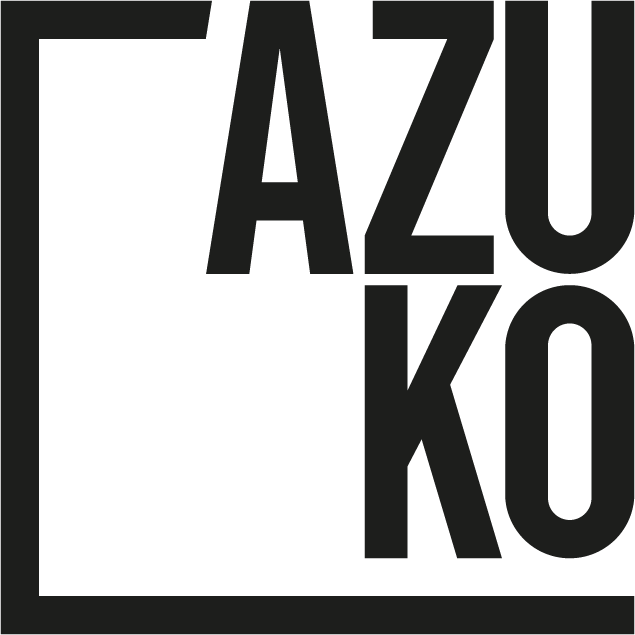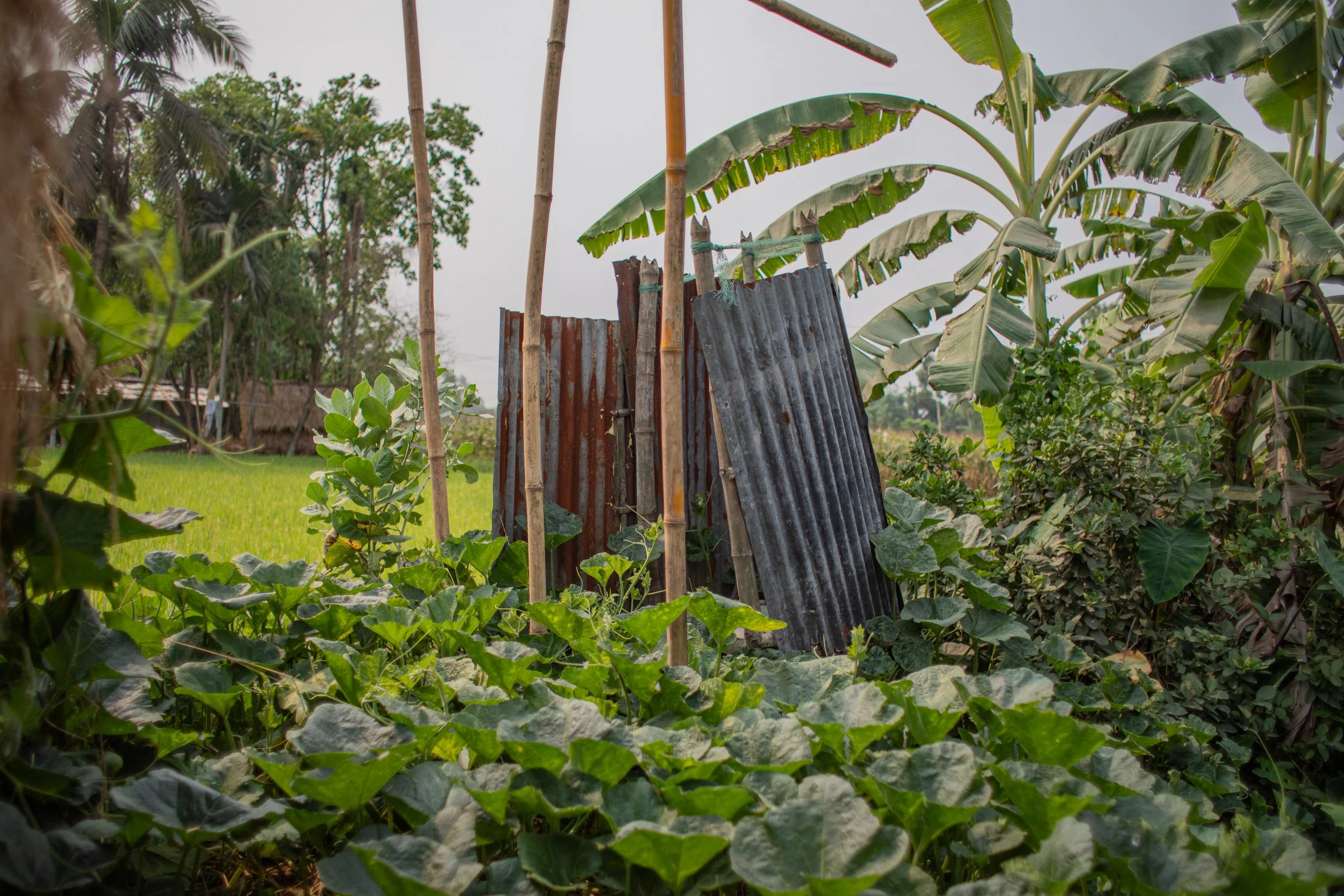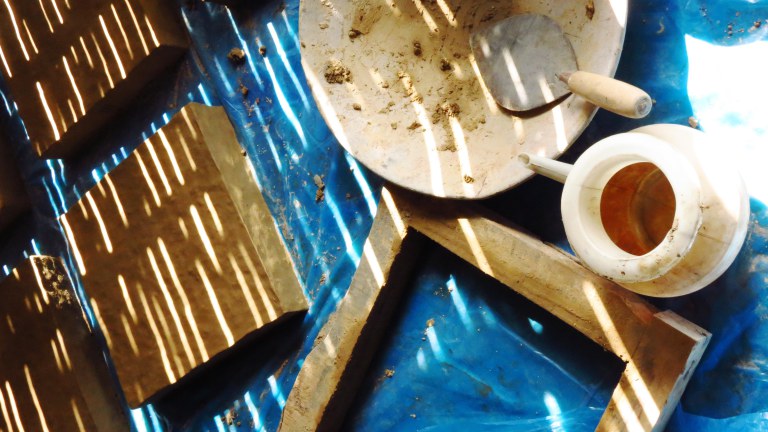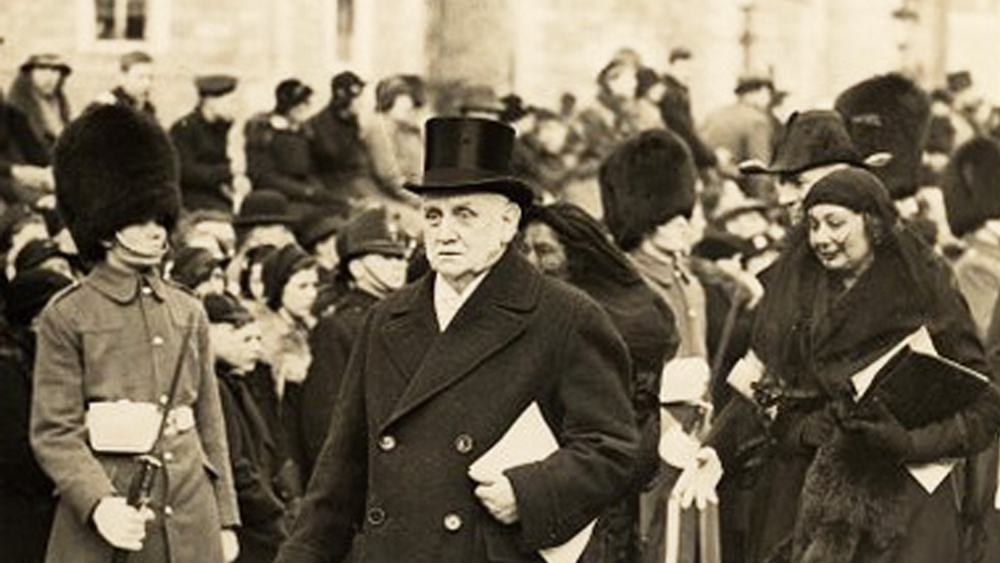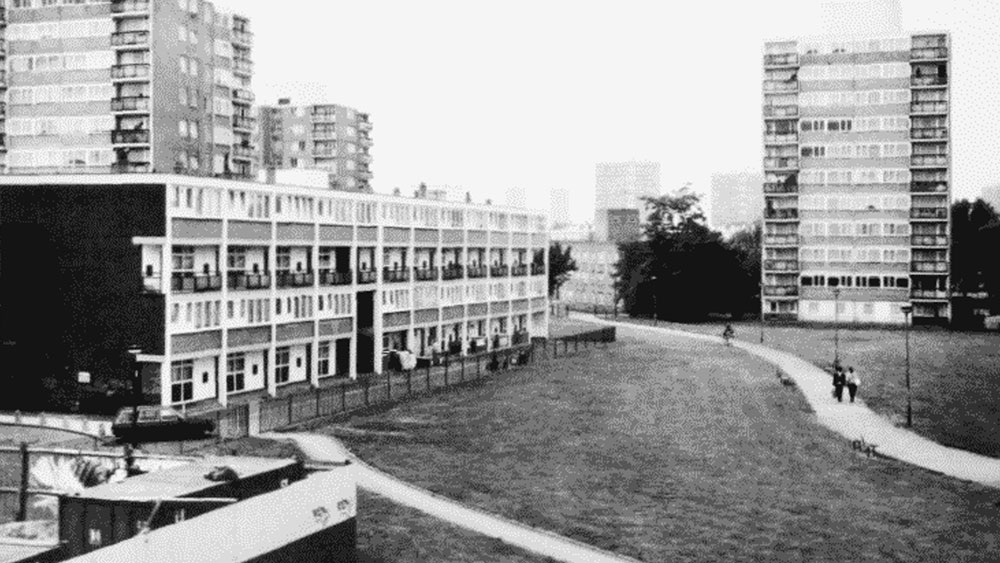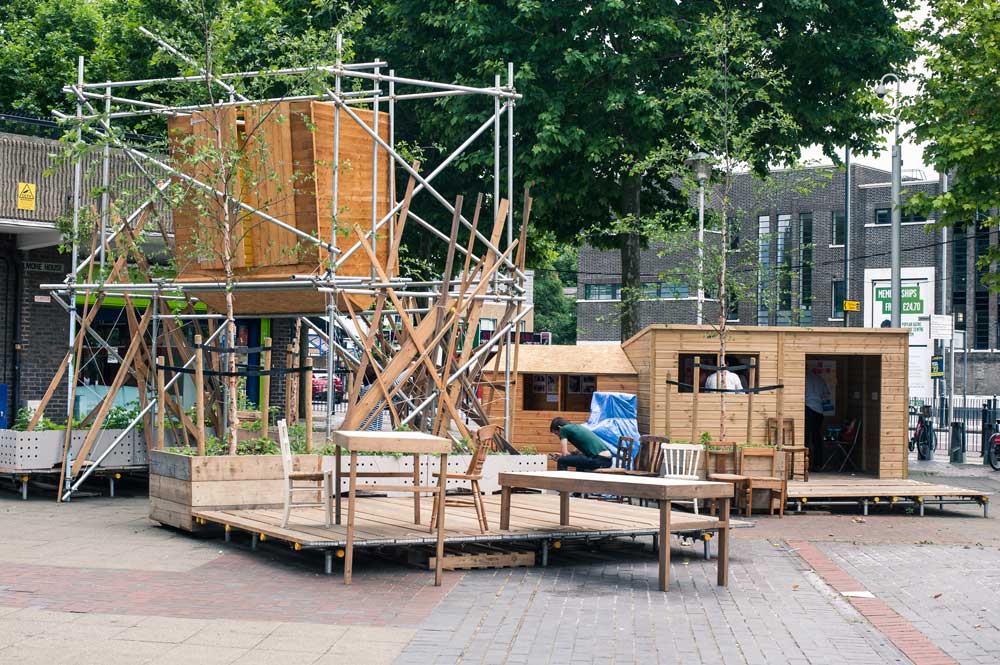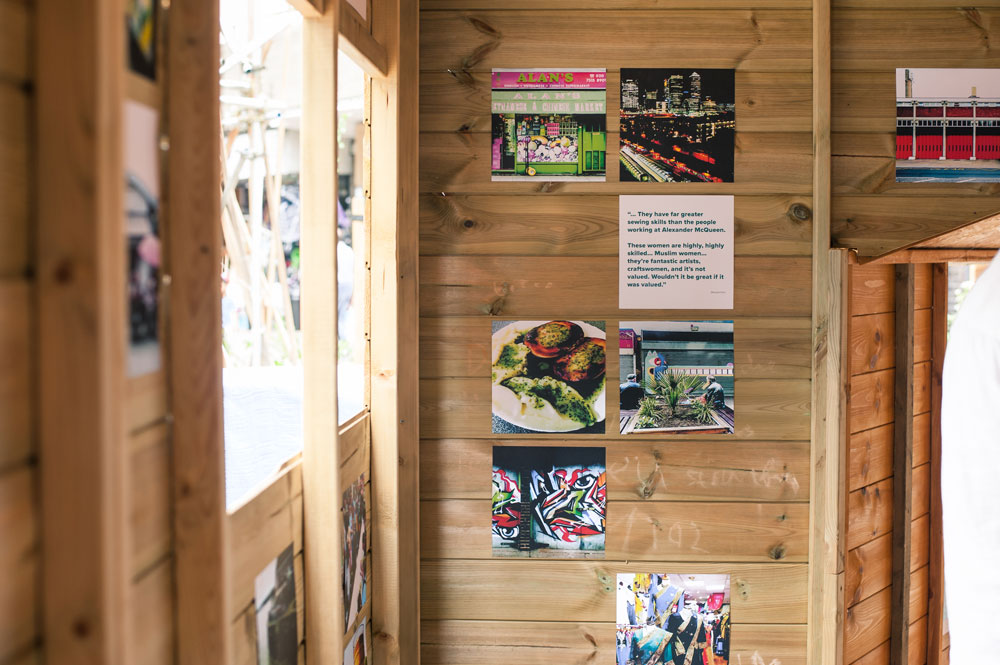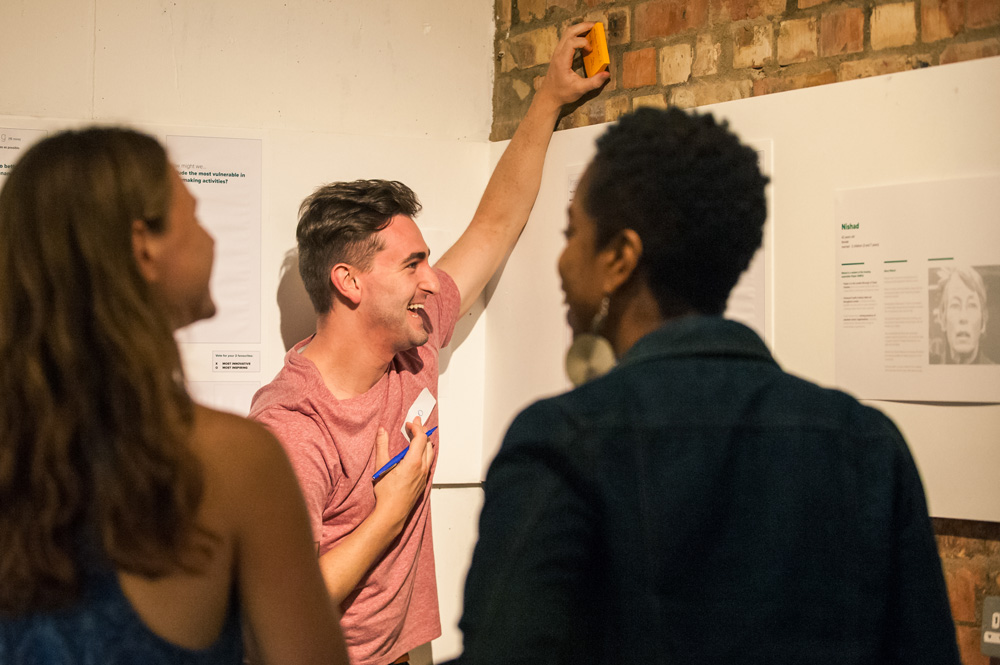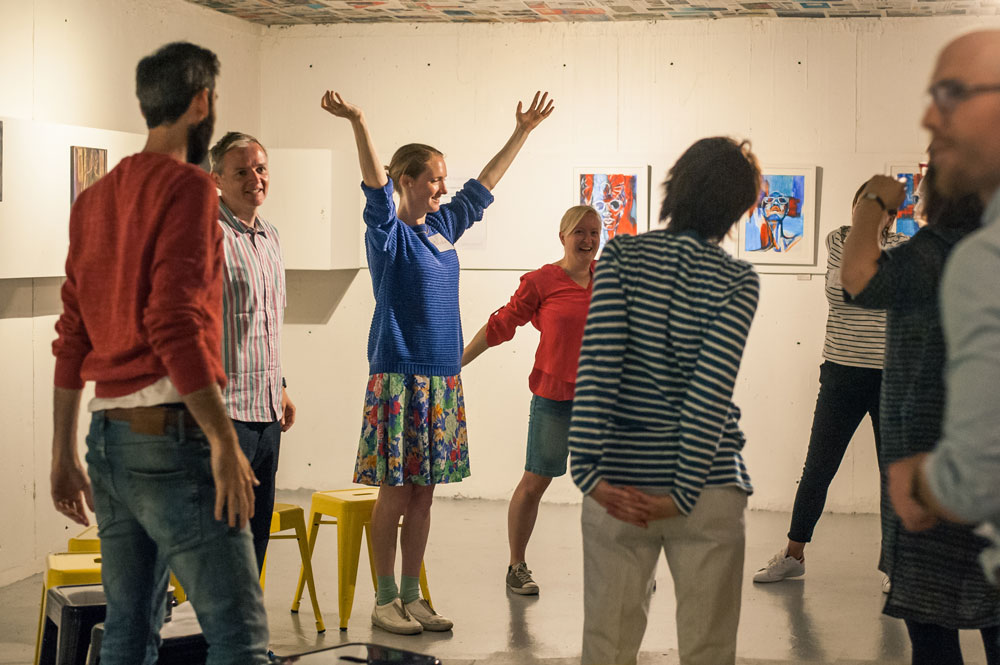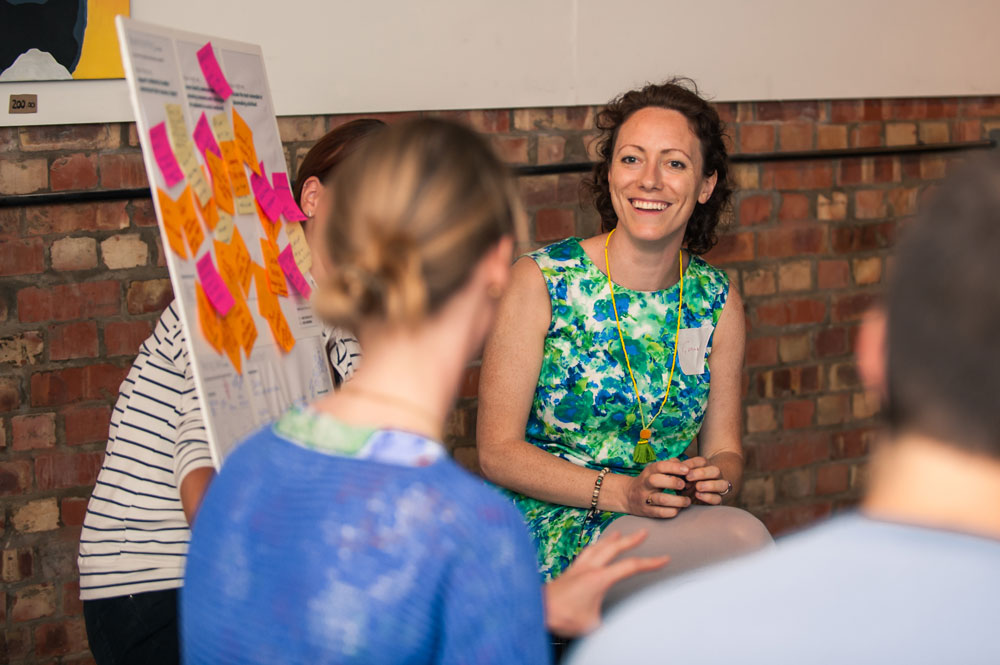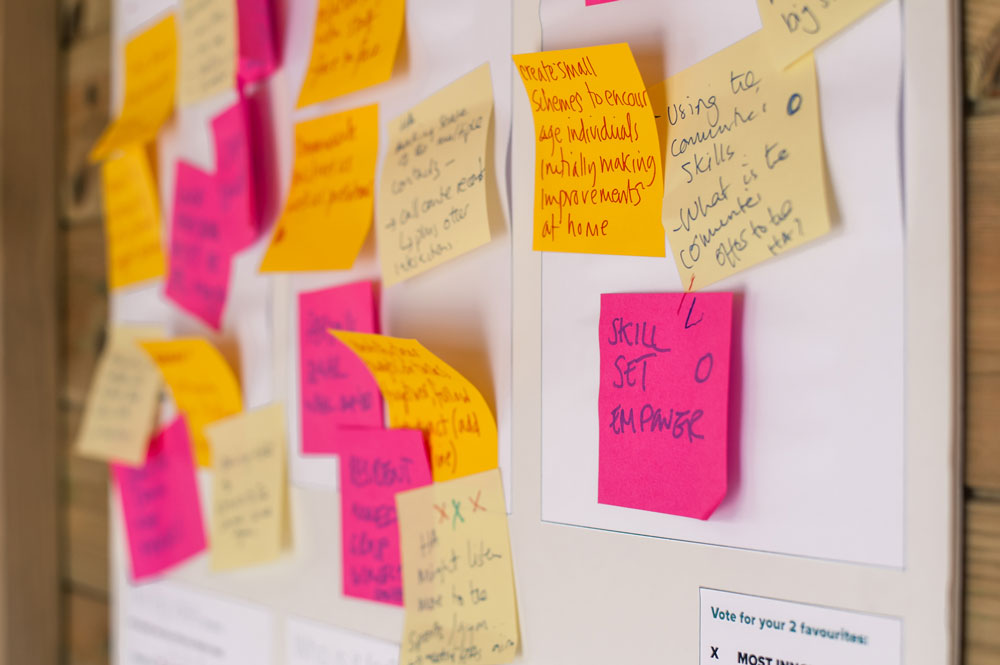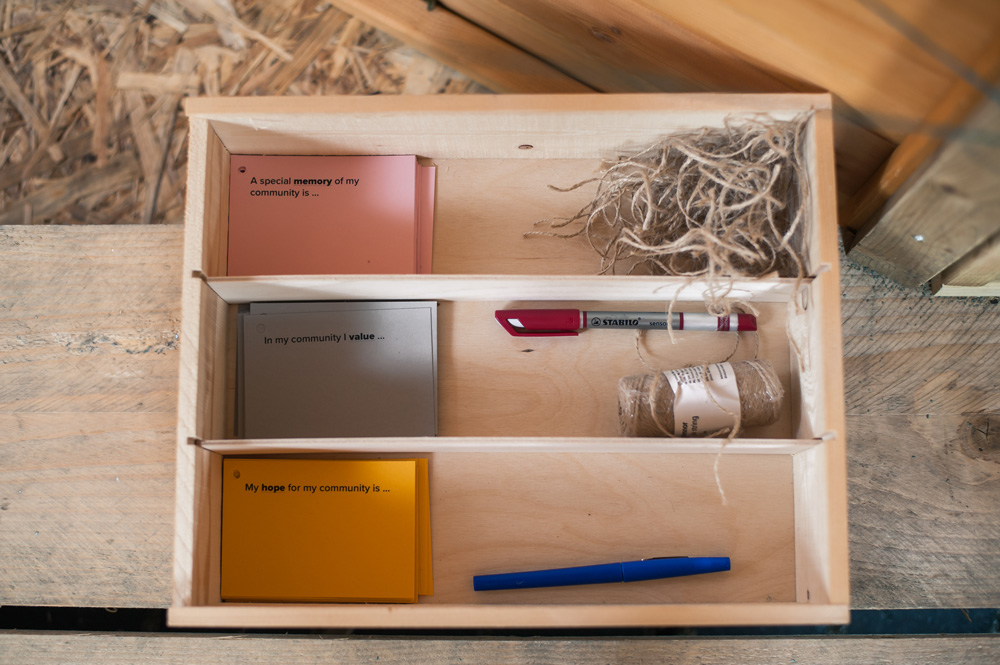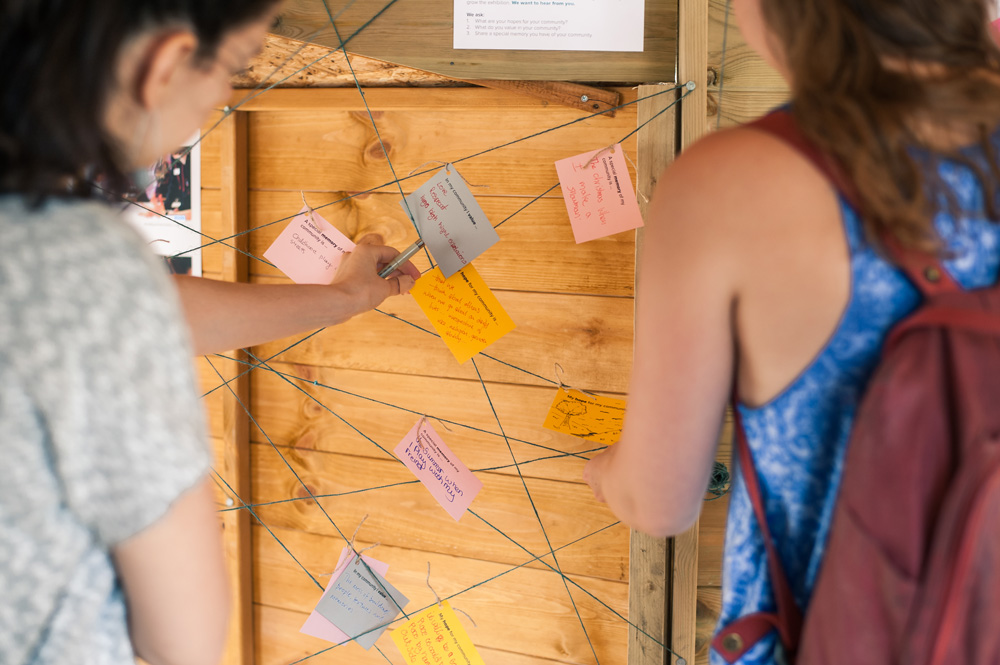Responding to stories of those we've spoken with - their hopes and fears - we used activities driven by empathy to lead discussions about belonging and community. What does placemaking look like when everyone is included?
Groups addressed three questions:
How might we support residents to better understand their tenancy rights?
How might we more clearly communicate the pressing concerns and challenges of residents to social landlords?
How might we include the most vulnerable in placemaking activities?
In brainstorming answers to these questions, it soon became evident that building trust and respect between tenants and landlords is paramount, whether through 'gastrodiplomacy', 'local champions', 'persistent contact', 'face-to-face', 'personal advisors' or even a 'listening service'.
The groups also placed importance on existing skills, strengths and capacity of residents, where such assets can be shared and how to support residents create their own trusted networks.
'Space' and 'place' were embedded in every conversation.
At AzuKo, we believe that the process of coming together to express and share ideas is a worthwhile experience for all those involved. Feedback from our event showed just that.
Participants told us:
Empathy is a necessary starting point for design
Insights driven by residents create meaningful solutions
There is value in learning from others' experience
Role play is a great tool to see the world from another's viewpoint
Participation, collaboration and diversity are key
LFA 2017 was a small sample of what happens when,
